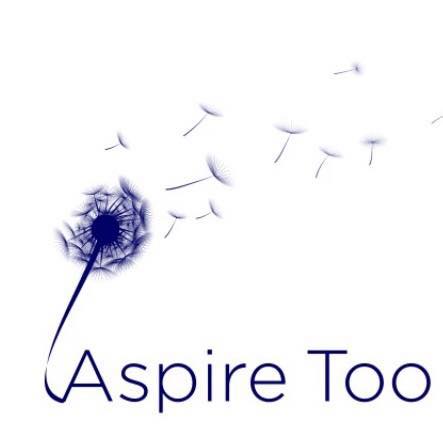Dear Ask the Counsellor.
I recently found out my daughter is struggling with self harm. I don’t understand why she is doing it and I do not know how to help her.
– Scared Mom
Dear Scared Mom,
I understand that it can be scary as a parent to have a loved one struggling with self harm. Individuals who struggle with self harm may have various reasons they do it. Some may use it as a means of coping with things that seem uncomfortable or out of their control. Others may use it as a way to feel something when things feel numb or as a way of punishing themselves. There are several reasons someone might struggle with self-harming and each person’s reason varies. If you want to know why someone in your life is struggling it is okay to ask them what it is that is going on that causes them to feel like they need to harm themself.
Often when we find out a loved one is self harming our first response is to want to stop them from continuing to do so. However this is not always the best solution. Instead it is important to offer the individual support to cope with distressing urges. If we try to stop an individual from self harming it is likely that the individual may not feel that they can talk to us if they do slip. Through offering support it helps the individual to feel that they have a safe person to go to if they are struggling and if they need medical care for any harm that is done.
Therefore, while you may not be able to prevent someone completely from self harming there are things that you can do to help them feel supported and to help them cope with some of the self harm urges that might come up. Below are a few strategies that might be helpful.
1. Using Ice (I recommend soft gel ice packs as they are easier to play with)
- Using Ice can help to bring down the intensity of the urges to a place where they are easier to cope with and not as distressing. The reason that holding ice can help is because it tends to be a strong sensory input that draws attention into something very specific and away from the thoughts that might be escalating self harm thoughts. Having ice packs readily available in the freezer provides a quick coping mechanism that can help with distressing thoughts and feelings that someone might be experiencing.
2. Something Sour (examples include; Warhead candy, or a lemon)
- Similarly to ice, something sour tends to send our bodies into a similar response as ice where the sensory input is so strong that it draws attention away from thoughts and feelings into the sensations caused by eating something sour. It acts as almost a shock to our body and again is something that is easy to keep around that can be easily accessible.
3. 5 Senses Grounding
- Using the 5 senses to reduce distress can help people to focus on something specific outside of their thoughts and feelings which can help to alleviate anxiety and distress.
a. When using the 5 senses it is helpful to go through them by doing the easiest sense to the hardest. This is something that someone can help, offer guidance through, or the individual can do on their own. When going through each of the questions below it can be helpful to get the individual to describe these things in as much detail as possible to keep them as engaged as they can be.
What are 5 things you can see?
i.What are 4 things you can touch?
ii.What are 3 things you can hear?
iii.What are 2 things you can smell?
iv.What is 1 thing you can taste?
4. Creating a Barrier
- Finally the last strategy I will share is something that can be done outside of self harm urges and intense distress to provide some redirection for the struggling individual prior to engaging in the self harm behavior. This involves placing an object, or activity which can be as engaging as reading a book, skipping rope or as little as drinking a glass of water or having a snack before engaging in the behavior. Doing this provides a pause which can act as a redirection that either puts off the behavior longer or allows for enough of a pause to decrease the distress of the urge allowing the individual to not engage in the self harm behavior.
I hope this helps. Please don’t hesitate to reach out for counselling support, and as always, in the event of an emergency and for 24/7 support, phone Mobile Crisis at (306) 933-6200 in Saskatoon, or your local police or emergency service.
Sincerely,
Lokadia Sims, BA, MA, CCPA, CCC-Q
